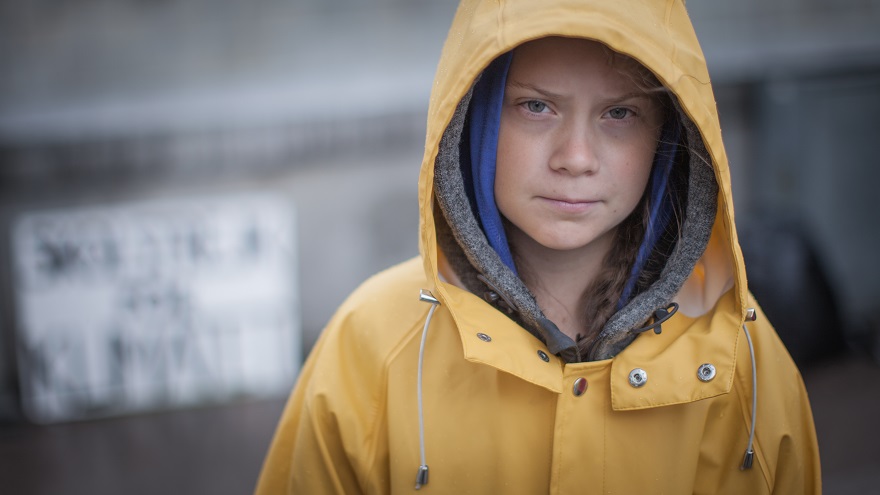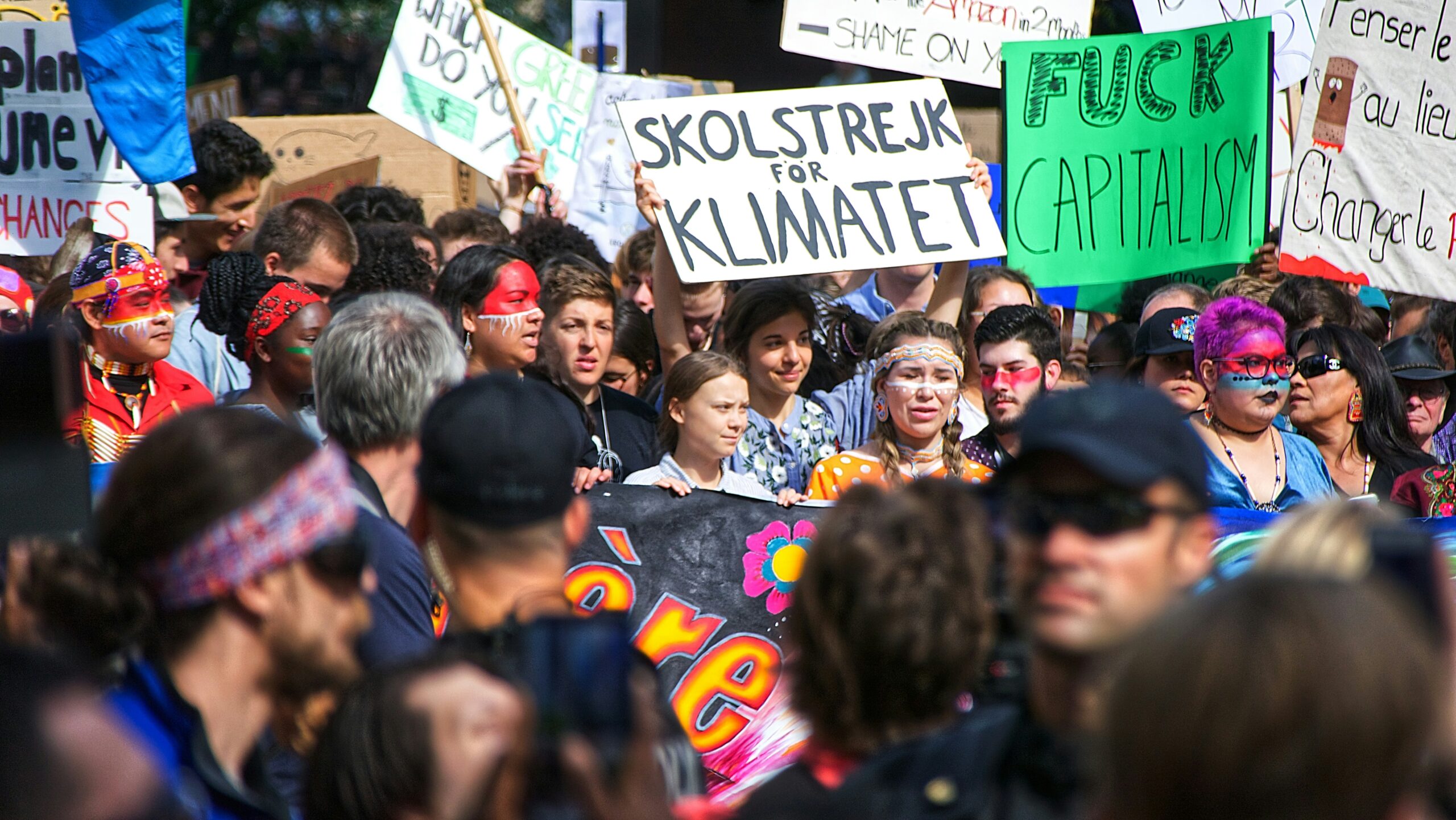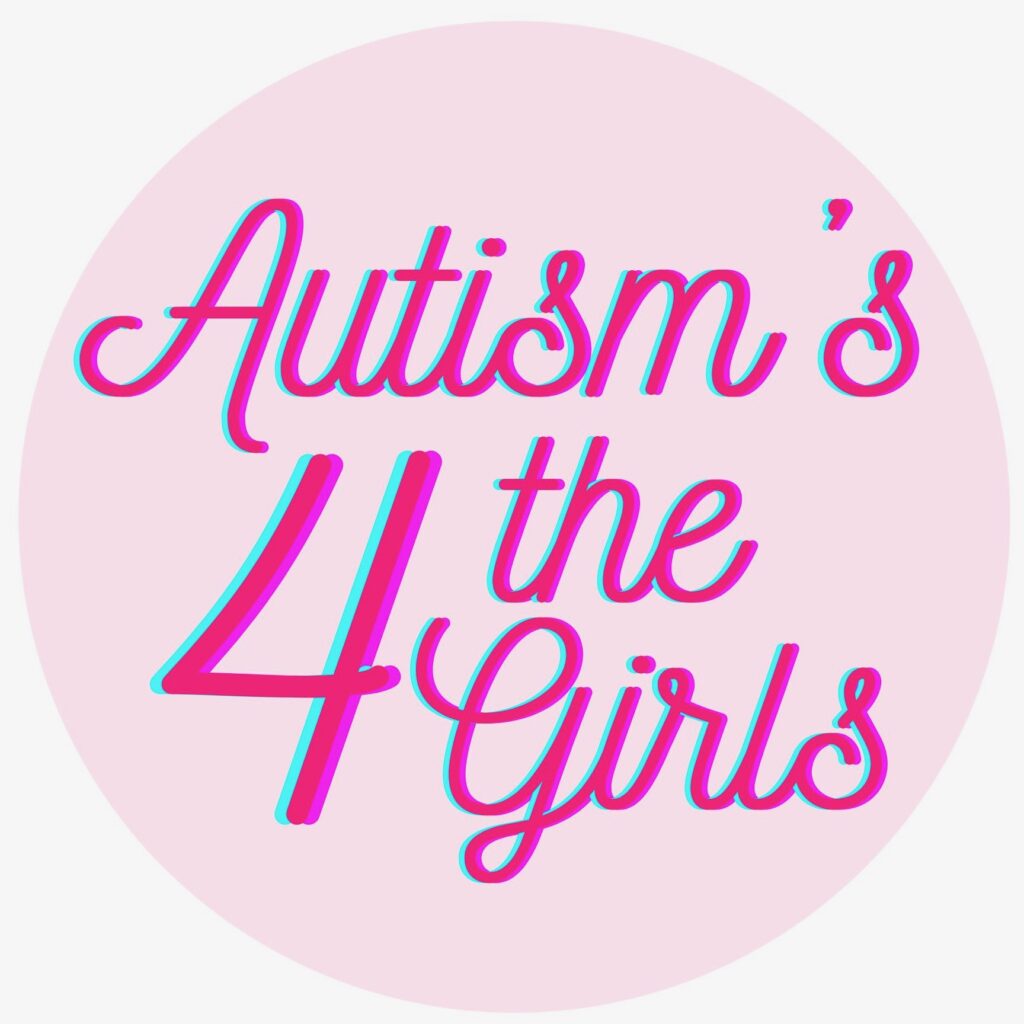Greta Thunberg, now 21, is a young autistic woman from Sweden. She is also one of the most well-known climate activists of our time. Greta describes learning about climate change at the age of 8 and becoming so fixated on it that by the age of 11, she fell into a state of depression. Around the same time, she was diagnosed with autism (BBC, 2024).
Special interests are common for those on the autism spectrum, with approximately 75%-95% of the population reporting having one or more of them (Autism Speaks, 2022). A special interest is an intense and narrow interest in a particular topic or activity. The term special interest often carries a negative or obsessive connotation, but in reality, they bring autistic people a strong sense of joy and fulfillment. They often influence their hobbies, friend groups, and even career paths. Autistic people have been demonstrated to thrive in social and professional settings where they are able to incorporate their special interests into their daily activities.
A psychologist at Bushnell University, Mary Ann Winter-Messiers, wrote on the topic of special interests, saying “A lot of people who have never seen it, they’ll say, ‘Well, all kids have hobbies.’ No, this is not a hobby; this is completely different” (Laber-Warren, 2022).
Many autistic people consider their special interests to be a core part of their identity, whether it is an intense passion for a sport, a fixation on a TV show, or in Greta’s case, a fervent commitment to learning about climate change and advocating for action.
On more than one occasion, Greta has described her autism as her superpower, explaining it to the Guardian in 2021 by saying:
“A lot of people with autism have a special interest that they can sit and do for an eternity without getting bored. It’s a very useful thing sometimes. Autism can be something that holds you back, but if you get to the right circumstance, if you are around the right people, if you get the adaptations that you need and you feel you have a purpose, then it can be something you can use for good. And I think that I’m doing that now” (Hattenstone, 2021).
In the last 10 years, Greta has made a series of remarkable achievements in the world of climate activism. She has been nominated for the Nobel Peace Prize five times, has spoken at the UN climate action summit, and been listed by Forbes as one of the 100 most powerful women in the world. In 2019, she was awarded Time magazine’s Person of the Year award, making her the youngest recipient of all time (Alter, 2019).
Greta Thunberg is an incredible example of what some autistic women are capable of achieving. Greta’s impact and assortment of accolades have occurred not in spite of her autism, but in many ways because of it. Greta shared “When I felt the most sad, I didn’t know that I had autism. I just thought, I don’t want to be like this. The diagnosis was almost only positive for me. It helped me get the support I needed and made me understand why I was like this” (Hattenstone, 2021).
Many autistic people, particularly women, relate to this sentiment, finding deep validation in their diagnosis. In a survey done by Ambitious about Autism, 85% of women reported that their lives became better and easier after receiving their diagnosis (Hull, 2023).
This is not to say all autistic women can, or should, be Greta Thunberg. Special interests vary widely and serve many different purposes for autistic people, and not all of them are supposed to save the world. Not all of them are productive or useful. Sometimes they are just a book, a character, or a favorite animal. Regardless, Greta Thunberg serves as an empowering example of what many autistic women are capable of.
But Greta’s experience also highlights another key point: how support from community and family can transform the role that a special interest plays in a person’s life. Once Greta received her diagnosis, her family started to become acutely aware of the way Greta’s fixation on climate change was affecting her life. She went as far as to stop speaking and eating around the time of her diagnosis due to her distress.
In 2019, she tweeted “Before I started school striking I had no energy, no friends and I didn’t speak to anyone. I just sat alone at home, with an eating disorder. All of that is gone now, since I have found a meaning, in a world that sometimes seems shallow and meaningless to so many people” (Thunberg, 2019).
In response, her family slowly but surely found ways to support Greta in her needs and interests. As a family, they began to shift to a more sustainable lifestyle, with her mother choosing to stop flying at Greta’s request.
As Greta expressed the desire to begin her world-famous school strikes, Skolstrejk för klimatet, her parents eventually became supportive. Her father shared “ … we became aware and began to do stuff for the environment, but not because we wanted to save the environment; we did it to save our child” (Hattenstone, 2021).
Many autistic people receive negative feedback surrounding their special interests. They often find more comfort in engaging in their special interests than they do in engaging socially in a neurotypical manner. They are often discouraged by authority figures from engaging so intensely with their interests and teased by peers for the tunnel vision style focus. Parents and teachers often determine that special interests are too much of a distraction from schoolwork or social life and autistic people subsequently often restrict talking about or participating in their special interests as a form of masking. Through observation of the people around them, they come to the conclusion that sharing their special interests will be negatively received, so they stifle them.
It is likely that in a different environment, with a different reception to her needs, Greta would have encountered significantly more challenges along her journey towards spreading climate awareness.
Even now, six years after her first school strike, Greta continues to be an avid activist for the environment. She has been arrested 3 times in the past year on various civil disobedience charges as recently as April of this year. But Greta is no stranger to the institutions of the world condemning her work, and it seems to only continue to spark her fury. After being detained in Norway for blocking a major highway in a march protesting fossil fuel subsidies, Greta released a statement to the press saying “We are in a planetary emergency and we are not going to stand by and let people lose their lives and livelihood and be forced to become climate refugees when we can do something” (Aikman, 2024).
Greta Thunberg serves as a powerful example of the way autistic special interests can motivate and drive individuals to engage in passionate and meaningful work. She has commented on the community she has found since beginning her campaigning, saying that there is a number of autistic people who have found identity and power in climate action. She believes autistic people leverage a strong sense of right and wrong to take action on the things that matter most (Hattenstone, 2021).
She says “We can’t just continue living as if there was no tomorrow, because there is a tomorrow.”

References
Alter, C., Hayes, S., & Worland, J. (2019). Greta Thunberg: Time’s person of the year 2019. Time. https://time.com/person-of-the-year-2019-greta-thunberg/
Autism Speaks. (2022, February 23). New research examines autistic special interests. Autism Speaks. https://www.autismspeaks.org/science-news/autistic-special-interests
BBC. (2024, May 9). Greta Thunberg: Who is the climate activist and what has she achieved?. BBC News. https://www.bbc.com/news/world-europe-49918719
Hattenstone, S. (2021, September 25). Greta Thunberg: “I really see the value of friendship. apart from the climate, almost nothing else matters.” The Guardian. https://www.theguardian.com/environment/ng-interactive/2021/sep/25/greta-thunberg-i-really-see-the-value-of-friendship-apart-from-the-climate-almost-nothing-else-matters
Holligan, A., & Aikman, I. (2024, April 6). Greta Thunberg: Activist arrested at Hague Climate Protest. BBC News. https://www.bbc.com/news/world-europe-68749936
Laber-Warren, E. (2022, October 27). The benefits of special interests in autism. The Transmitter: Neuroscience News and Perspectives. https://www.thetransmitter.org/spectrum/the-benefits-of-special-interests-in-autism/
Thunberg, Greta [@gretathunberg]. (2019, August 31). Before I started school striking I had no energy, no friends and I didn’t speak to anyone. I just sat alone at home, with an eating disorder. All of that is gone now, since I have found a meaning, in a world that sometimes seems shallow and meaningless to so many people [Tweet]. Twitter. https://x.com/GretaThunberg/status/1167916944520908800
The Seven Stars Team. (2021, February 26). Greta Thunberg on the power of special interests in autism. Discover Seven Stars. https://discoversevenstars.com/blog/greta-thunberg-on-the-power-of-special-interests-in-autism/
Photo by Anders Hellberg, CC BY-SA 4.0 https://creativecommons.org/licenses/by-sa/4.0, via Wikimedia Commons

